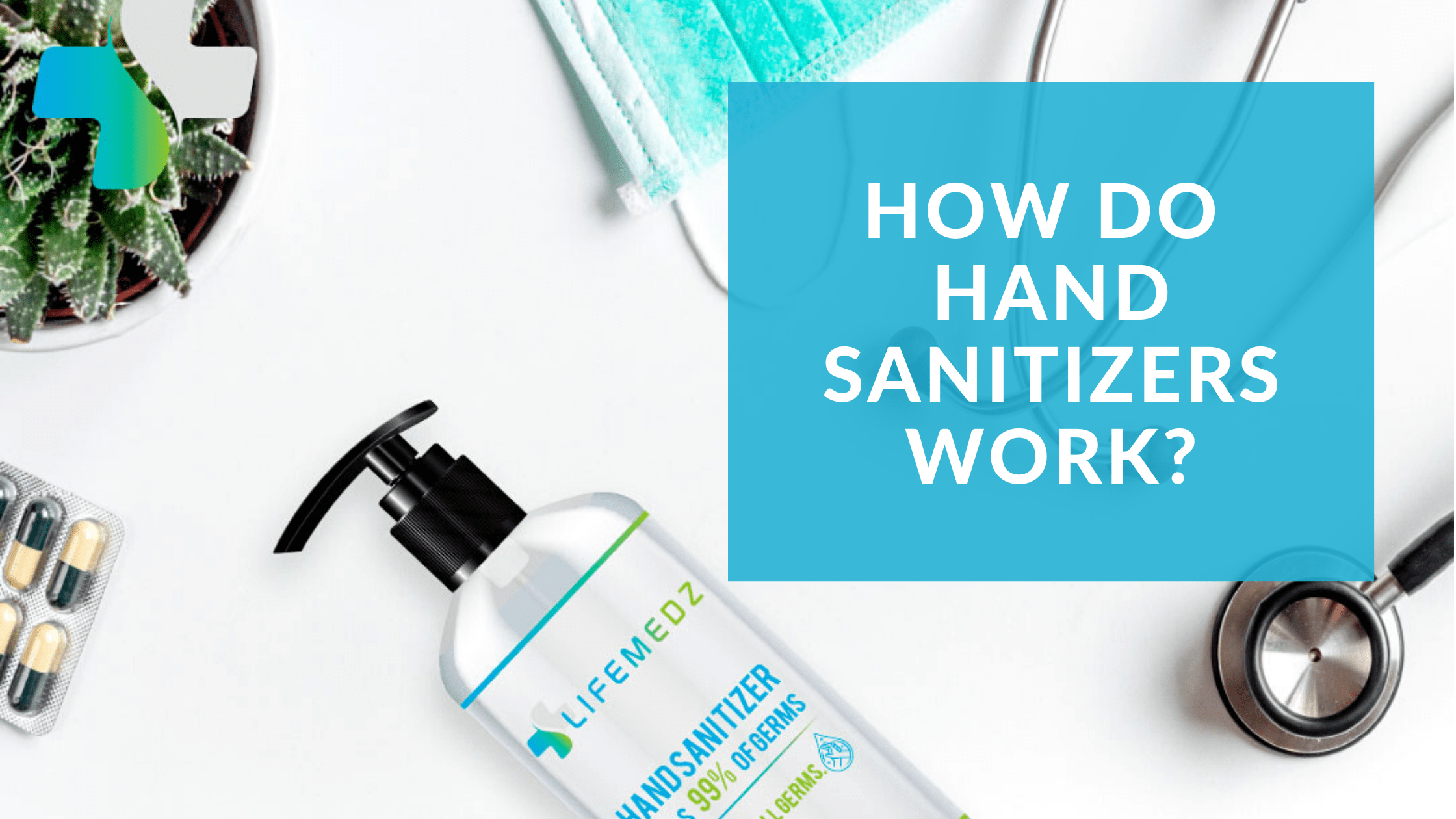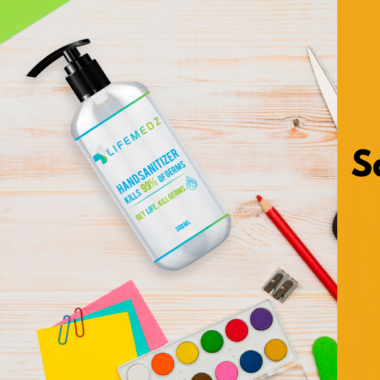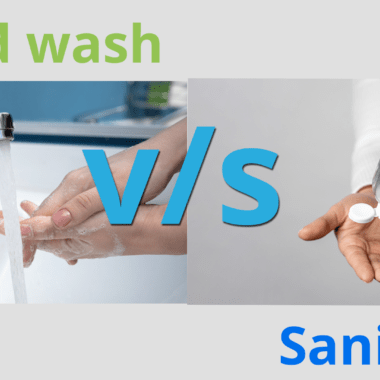Since we were kids, we have been taught that washing our hands with soap and water cleans it and helps prevent the spread of diseases, such as hand-foot-and-mouth disease, which is a contagious viral infection common in young children. Soap and water break the membrane of bacteria and viruses, killing it and also helps to rinse them off from our hands.
And what about hand sanitizers? How do they kill those germs?
The effectiveness of alcohol-based hand sanitizers is due to alteration in molecular properties and structures inside the cells it touches. The alcohol dismantles the structure of proteins inside a cell so fast that it ends up killing the cell. It literally clogs the cells leading them to death.
However, not all alcohol concentrations are going to work. Alcohol solutions containing 60% to 85% alcohol are the most effective because they have a great balance between water and alcohol enough to enter the cells and kill it.
Concentrations below that range won’t have the same effectiveness in killing viruses and bacterias, and the same goes for levels over 90% of alcohol.
It is essential to know that alcohol-based hand sanitizers and soap cannot kill all germs, but most of them, including the SARS-CoV-2, is the cause of the Covid-19 disease.
Carrying one in your bag or car at all times is a simple step to halt the curve of the Covid19 pandemic. But also a habit that we should all abide in the future to help reduce the spread of other diseases.
Reference: https://www.cdc.gov/infectioncontrol/guidelines/disinfection/disinfection-methods/chemical.html accessed on June 15th, 2020.










